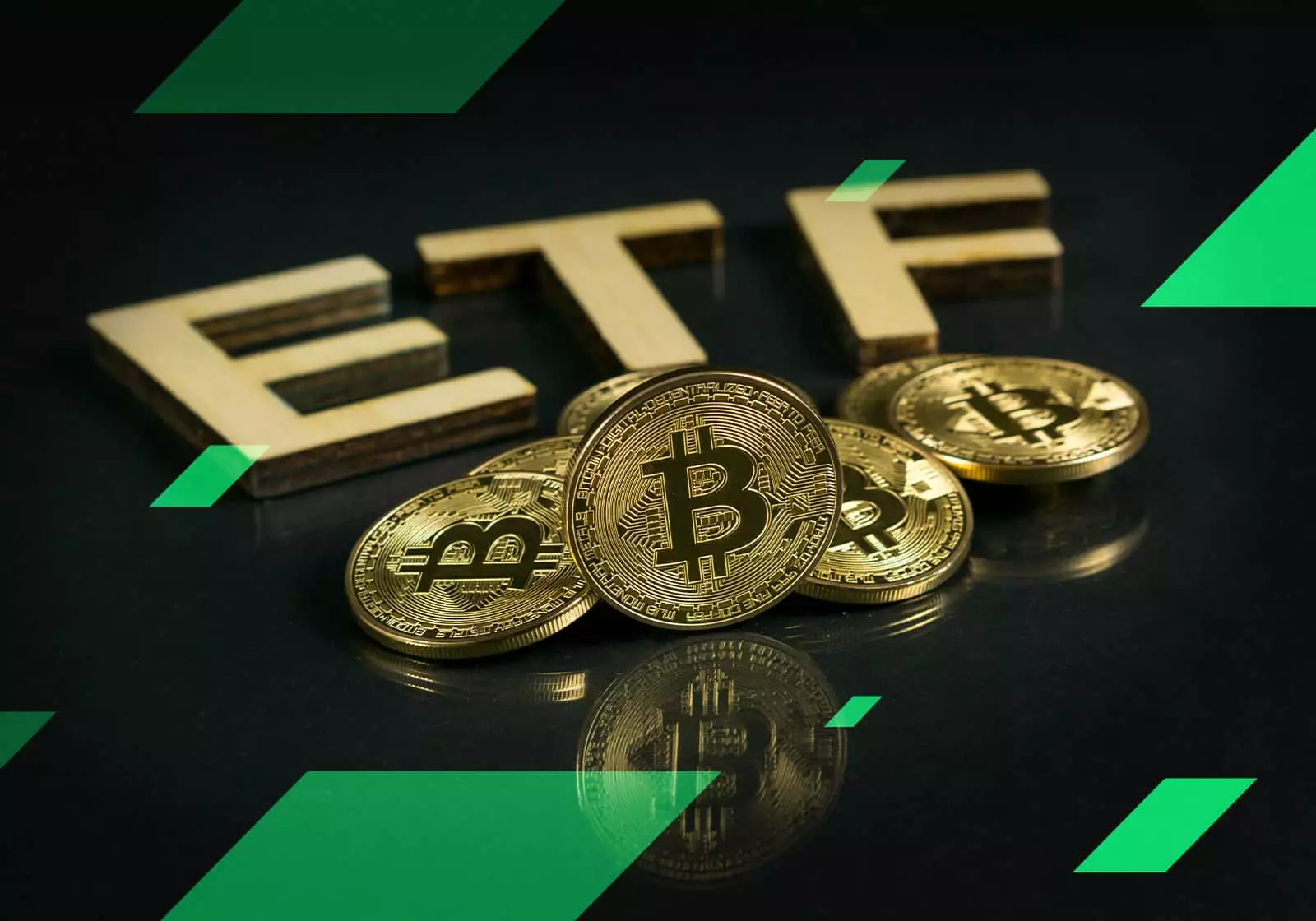The financial landscape is undergoing a seismic shift as cryptocurrency emerges as a formidable contender against traditional banking methods. A robust case can be made that the decentralized nature of digital currencies not only enhances the efficiency of transactions but also fortifies the very foundation of trust in financial dealings. In an era where corruption and opacity often taint the credibility of financial institutions, cryptocurrencies offer a radical alternative that could reshape our economic interactions.
Fundamentally, trust is the cornerstone of any financial system. As scandals involving major banks and institutions have demonstrated, reliance on centralized authorities can lead to catastrophic failures. Cryptocurrency leverages blockchain technology, an immutable ledger that holds transactions accountable and accessible to everyone. This radically contrasts with our current systems where transactions are often shrouded in secrecy, leaving average individuals at the mercy of monopolistic institutions that prioritize profit over transparency.
The Intricacies of Decentralized Finance
The intricacies of decentralized finance (DeFi) further illustrate the potential of cryptocurrency to revolutionize financial participation. Unlike traditional finance, which typically favors the wealthy or well-connected, DeFi platforms democratize access to financial services. By removing intermediaries, these platforms empower individuals to engage in borrowing, staking, and yield farming activities that were once reserved for the elite.
This system isn’t just an upgrade; it represents a fundamental rethinking of who gets to participate in wealth creation. Individuals from diverse backgrounds and socio-economic statuses can utilize their own assets to generate returns—a concept that echoes the ethos of equality. However, as with any revolutionary system, a learning curve exists, and educating the masses on DeFi’s mechanisms will be crucial for widespread adoption.
Non-Fungible Tokens: Art and Ownership Redefined
Non-fungible tokens (NFTs) have burst onto the scene, further exemplifying cryptocurrency’s potential to redefine ownership, particularly in the realms of art and collectibles. Historically, ownership and provenance in art have been murky, often leading to disputes over authenticity and rights. NFTs, uniquely identified digital assets, ensure that the creator’s rights are immutable, thus fostering a more equitable environment for artists.
Yet, it raises the question: are we merely witnessing a speculative bubble? There’s a fine line between legitimate artistic expression and market manipulation. Nevertheless, it cannot be denied that NFTs offer creators an entirely new avenue for revenue that bypasses traditional gatekeepers in the art world.
The Role of Advocacy in Cryptocurrency Adoption
Advocacy is integral to the success of cryptocurrency, and writers like Semilore Faleti amplify the importance of informed dialogue within this burgeoning field. Faleti not only aims to demystify the complex world of digital currencies but also champions social justice and inclusivity. His interdisciplinary approach combines topics of cryptocurrency with pressing social issues, propelling the narrative beyond mere financial transactions.
In a world increasingly shaped by digital assets, those who can narrate their story will wield significant influence. Faleti’s unique blend of crypto journalism and advocacy serves as a roadmap for how communication can shift perceptions around these technologies—ultimately encouraging increased participation in democratic processes.
Challenges and Regulation
However, as exciting as this frontier is, the journey toward widespread cryptocurrency adoption is fraught with challenges. Regulatory hurdles remain a key impediment to the unbridled growth of digital assets. Governments worldwide are wrestling with how to approach this new financial landscape—ranging from outright bans to more supportive frameworks. Countries like El Salvador have taken bold steps toward legalization, but others remain hesitant, often due to the fear of losing control over monetary policies.
There’s a delicate balance to strike. While regulation is necessary to protect consumers and ensure market integrity, overreach could stifle innovation and push enthusiasts back into the shadows. Crafting a fair regulatory environment could serve as a catalyst for greater acceptance and integration of cryptocurrencies into daily transactions, accelerating their adoption.
Final Thoughts on Staying Ahead in the Digital Economy
As cryptocurrency continues to penetrate mainstream consciousness, it is imperative that both advocates and skeptics remain engaged in the conversation. The potential of digital currencies to cultivate transparency, equity, and inclusivity cannot be overstated. Those who take the time to understand its nuances—whether as writers, investors, or everyday users—will find themselves participants in a profound reimagining of finance. In the grand narrative of economic evolution, cryptocurrency is not merely a trend; it is a beacon of possibility illuminating a path toward a fairer financial future.



















Leave a Reply